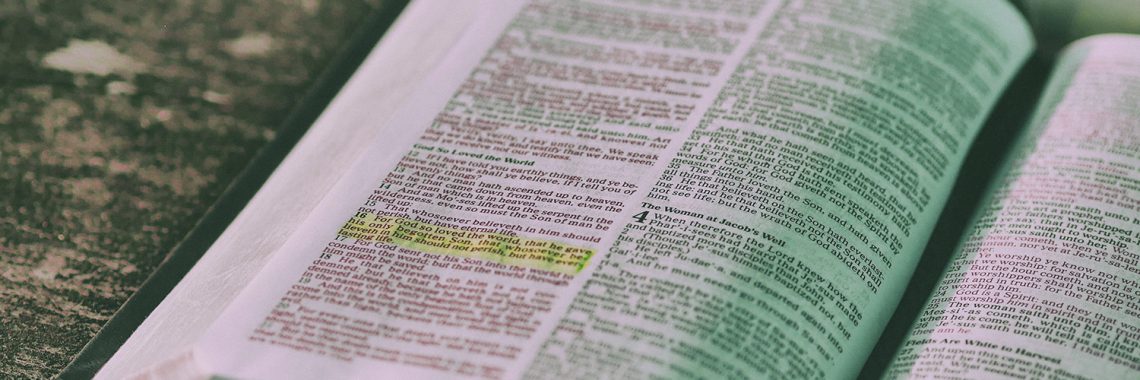“In the name of the Father, and of the Son, and of the Holy Spirit.” Those words were solemnly pronounced by a minister over each of us when we were baptised, and since then, we have been saying them daily, accompanied by a right-hand gesture touching our foreheads, chests and shoulders: the sign of the cross. Often, we utter these simple words and make this simple sign without giving much thought to their meaning or significance. The sign of the cross recalls the crucifixion of the Incarnate Son of God, Jesus Christ. St Paul presented it in no uncertain terms: “Jews demand signs and Greeks desire wisdom, but we proclaim Christ crucified, a stumbling block to Jews and foolishness to Gentiles, but to those who are the called, both Jews and Greeks, Christ the power of God and the wisdom of God. For God’s foolishness is wiser than human wisdom, and God’s weakness is stronger than human strength.” (1 Corinthians 1:22-25) We will leave that for now. Sunday, 14th September, will give us an excellent opportunity to delve into the mystery of Jesus’ crucifixion as we will then celebrate the Feast of the Exaltation of the Cross. Today, the Church draws our attention to the most mysterious aspect of God’s nature: the Holy Trinity.
For two millennia, numerous theologians have attempted to explain the mystery of One God in Three Persons. Most of them used philosophical and theological arguments, as you would expect of them. Many of them used real-life examples to illustrate the mystery; one of the best-known is the story of Saint Patrick, who used the Shamrock, a three-leaf clover, to explain the concept of the Holy Trinity to the pagan Irish in the 5th century. So popular was the story that the Shamrock became a symbol of Ireland. Potent as it must have been – the Irish converted to Christianity – that image was as flawed as any other comparison or illustration. Due to the nature of the mystery of the Holy Trinity, whatever we say and however we attempt to explain it, we can at best barely scratch the surface of it. Still, it’s worth trying to get a deeper understanding of it because whatever we do, we do it “in the name of the Father, and of the Son, and of the Holy Spirit.”
What is the meaning of this phrase? More generally, what does it mean to do anything “in one’s name”? Sometimes demonstrators oppose specific ideas, policies, or plans by shouting or displaying placards that read, “not in my name.” In other words, doing something in one’s name means acting on one’s behalf, with one’s authority backing the action. For example, my ministry to this parish is conducted in the name of the Bishop of the Diocese of Aberdeen. Regardless of how important I might consider myself (I don’t, really), I lack any authority on my own; I represent the bishop and act on his behalf. The moment he withdrew his authorisation, my ministry would become illegitimate and, at best, highly questionable if not invalid. Solicitors and lawyers represent their clients in a similar manner, acting in their client’s name. To do so effectively, they must understand their client’s case in detail; the greater their knowledge, the more likely they are to achieve a desired outcome. For that reason, honest dialogue between the lawyer and their client is indispensable.
When we cross ourselves and say, “in the name of the Father, and of the Son, and of the Holy Spirit,” we essentially invoke our personal commission to represent God and act on His behalf in this world. That’s a heck of a responsibility when you think about it, isn’t it? It’s not difficult to find those who make such a bold claim, while their lives seem to contradict it; I glance into the mirror and need not look any further to see that. And yet, however unworthy we may feel, we must uphold such a claim and fulfil the task. To achieve this as best we can, we need to maintain a constant and honest dialogue with God, growing ever more in our understanding of Him. When you were baptised “in the name of the Father, and of the Son, and of the Holy Spirit,” you became God’s adopted son or daughter, intimately close to Him and able to get to know Him more and more. St Paul presented it rather movingly: “because you are sons, God has sent the Spirit of his Son into our hearts, crying, ‘Abba! Father!’” So you are no longer a slave, but a son, and if a son, then an heir through God.” (Galatians 4:6-7) So, when we begin our prayer “in the name of the Father, and of the Son, and of the Holy Spirit,” we continue our spiritual journey “until […] we know about the Son of God. Our goal is to become like a full-grown man, to look just like Christ and have all his perfection. Then we will no longer be like babies.” (Ephesians 4:13-14)


